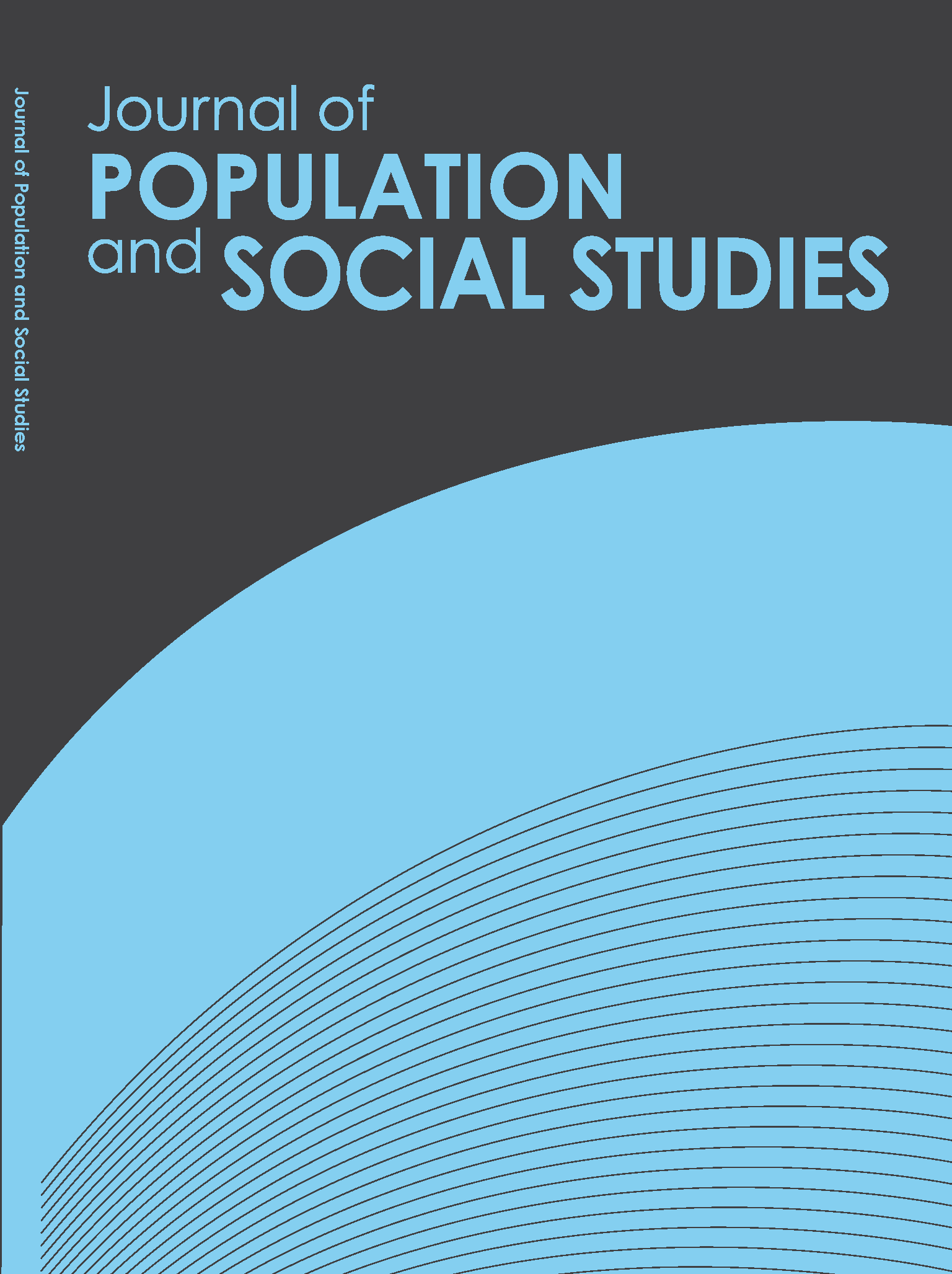State Policies and Conflicts in the Access of Coastal Resources : a Comparative Study of Small-Scale Fishermen
Main Article Content
Abstract
This article is about a comparative study of the contexts and forms of coastal resources access, conflicts arising from state polices, negotiation strategies and adaptation of two small-scale fishermen: Thai Buddhist in Cha-nger Village, Surat Thani and Malayu Muslim in Da To Village, Pattani. The result of the study shows that Cha-nger fishermen define the area based on the sharing system to reduce the conflicts arising from various groups doing fishery in the same space. Whereas Da To fishermen use the Islam belief system. The sharing method of resources access is used for both villages. The area definition based on religious belief is more reliable than that of Cha-nger village’s definition which is derived from moral-based economic. Throughout five decades of sea fishery development, Da To fishermen rarely change the utilization of Pattani gulf and refuse to accept government policies. However, they negotiate with the state on the resources access at the level of community. This includes an increase of the religious strictness, a return to the traditional belief and the right to do traditional fishery in front of the villages’ sea. As for Cha-nger village, the fishermen have changed resources access according to state development policy, although negotiation strategies of both an individual and group have been adapted. The resources are utilized through an open access and private property along with the continuous invasion of the sea area for individual benefits.


